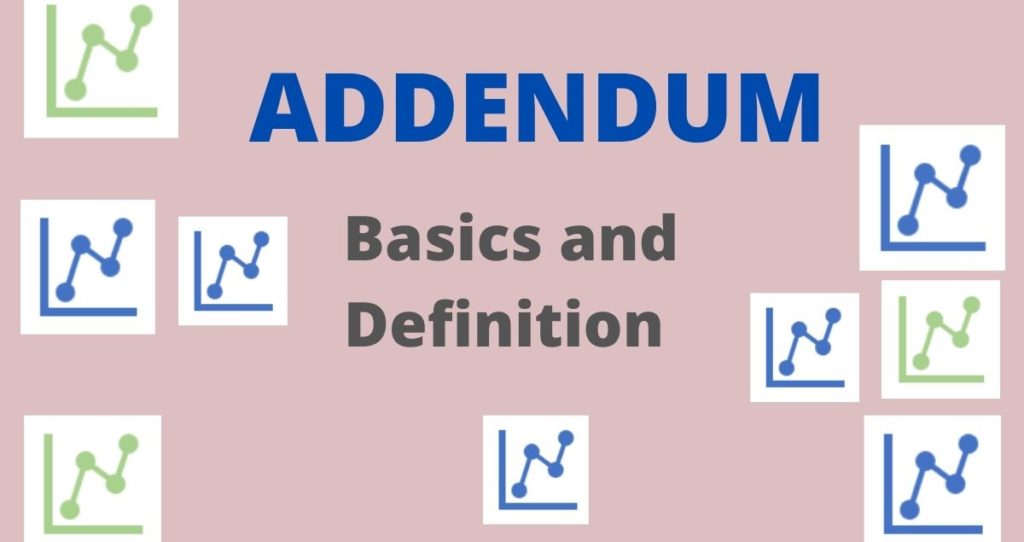What is an addendum?
An addendum is a document that is added to the sale and purchase agreement to cover terms that are not included in the original contract, according to the legal dictionary. This document has the power to override, reinforce, or add to the terms in the original documents. The addendum can also be used to clarify the terms already included in the contract.
Like any other contract, terms in the addendum must be agreed upon and signed by all parties involved in the contract. This is because the addendum can add more information to what was in the original contract. As a result, all parties must read and agree on the changes to the original document. After agreeing to the new terms and conditions, everyone involved in the contract must sign.
Furthermore, it is important for everyone to have copies of the original and the added terms for legal purposes and record keeping. Without signatures from all parties, the addendum will not be a legal binding between parties involved in the contract.
Examples of addendum
In real estate, buyers and sellers finalize the sale by signing all paperwork involved in the transaction. By signing the contract, the seller gives up the right to the property and gives the key to the new owner. At the same time, the buyer must pay in full using the loan, cash, or other financing methods before they receive the key. What if the contract does not include how to handle issues that will arise after the purchase?
In this case, an addendum can be added to a copy of the contract to clarify what will happen, should problems arise.
If a buyer finalizes the deal without touring the house; for example, an addendum can state that the seller will be responsible for all problems found in the house after completing the house inspection. The buyer must use a professional house inspector to validate the finding.
Related article: 7 Reasons You Should Get A House Inspection
>> MORE: Subject To Inspection: What Is Subject To Inspection?
An addendum can also happen when a buyer purchases a real estate owned(REO) property. These properties are owned by lenders after failing to sell them at a foreclosure auction. Since moneylenders such as banks are not in the business of selling houses, they usually sell their houses as-is. When buying these homes, buyers sign an addendum that clarifies that the house is being sold as-is and the seller of an REO will not be responsible for problems related to the property.
If the buyer finds broken pipes, missing wires, leaky roofs, etc.; he/she will be responsible for them. In order words, the seller will have nothing to do with these problems.









